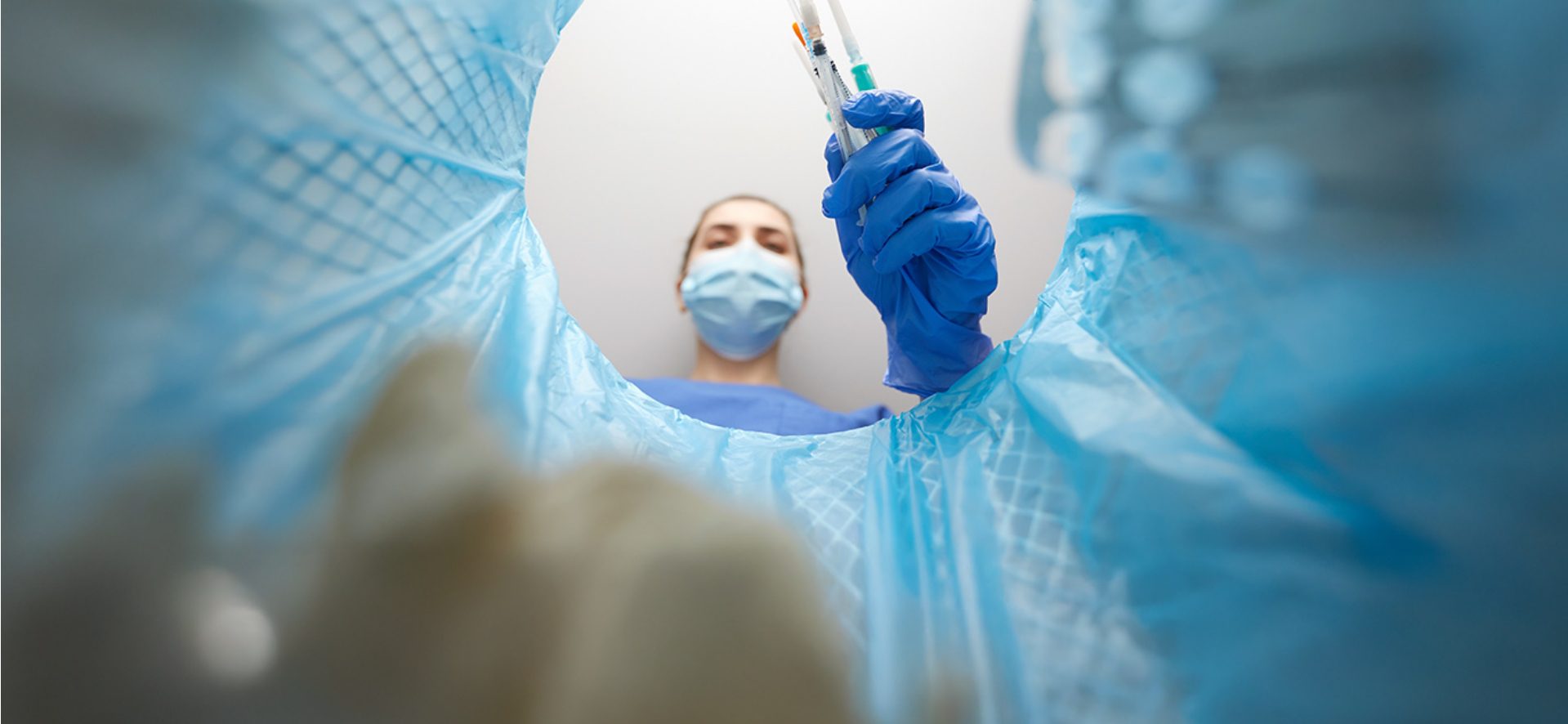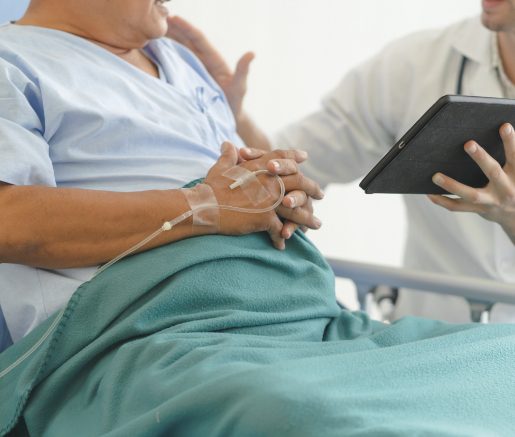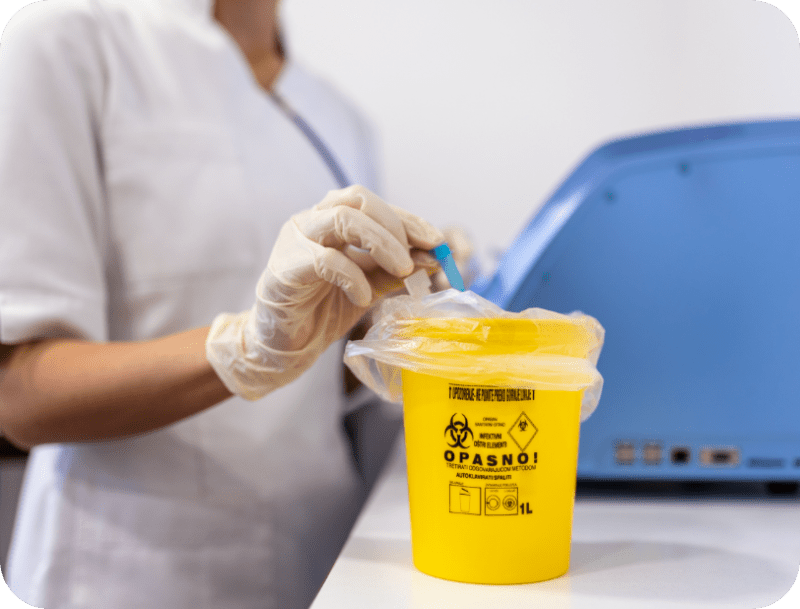Hospitals and healthcare facilities produce large quantities of potentially infectious waste every day. A significant portion comes from operating rooms, specialist departments, and outpatient activities: contaminated materials that, by law, require specific disposal processes.
Hazardous medical waste presents multiple critical issues.
It poses a biological risk to healthcare workers and the community, requires complex management that ties up resources and personnel, and has a significant environmental impact, as it must be transported by specialized vehicles to incineration plants, often over long distances. In addition, it involves high disposal costs that place a significant burden on the budgets of healthcare facilities.





